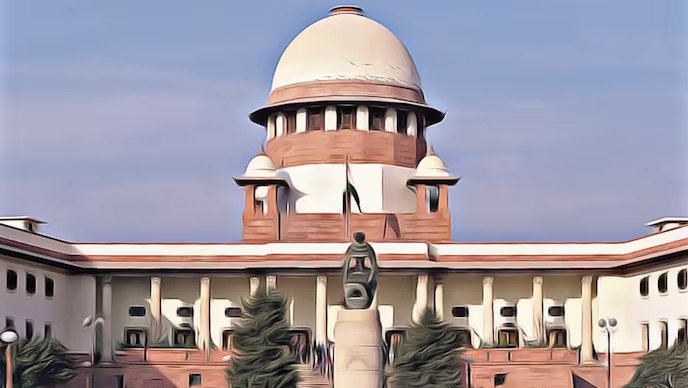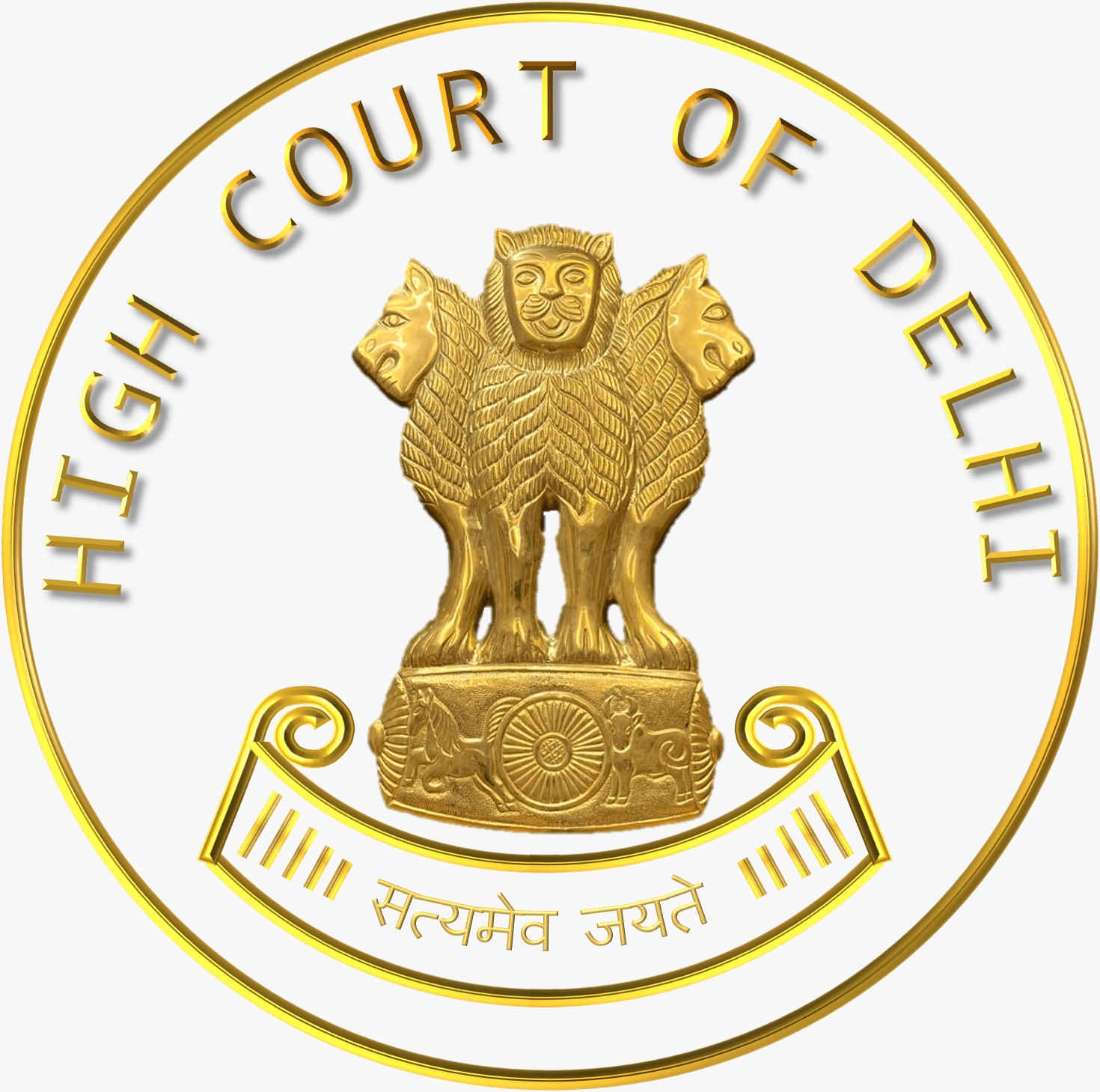Ranjit Singh, J.@mdashThis Regular Second Appeal is filed with a delay of 487 days. Application for condonation of this delay as such has also been filed. The reasons to seek condonation of delay are that the appellant suffered a paralytic attack because of which he was immobilized and, thus, remained hospitalized for a long period. It is stated that the appellant is not able to walk properly. Subsequently, his young son, aged 37 years, died on 21.9.2008, because of which he remained under shock and stress. Because of these reasons, the appellant says, that he could not file the appeal within limitation and has, thus, prayed for condoning the delay.
2. Reply on behalf of the State is filed and these averments are denied for want of knowledge. It is, however, pointed out that the appellant has neither submitted any medical certificate nor has attached any report from a competent doctor etc. in support of his sickness and in support of other grounds pleaded in the application.
3. The prayer accordingly has been opposed. The appeal filed by the appellant is against an order, whereby his request for promotion to the post of Sub Inspector and Inspector w.e.f. 6.2.1990 and 2.3.1995 respectively has been declined. The ground for making this prayer for promotion is that his juniors were so promoted with effect from this date. Though the suit filed by the appellant was decreed but the said finding was reversed by the first Appellate Court on the ground that the suit filed by the appellant was time barred.
4. The appellant had challenged the promotion orders of his juniors, which were passed w.e.f. 6.2.1990 and 2.3.1995. He had filed a suit in the year 2004-05 that too after his retirement. The appellant had retired from service in the year 2004 whereas his juniors were promoted on 27.10.2004 after his retirement. The plea of delay in making the approach thus, would directly stair at the appellant.
5. To support his submission to ignore this inordinate delay, the counsel for the appellant has referred to
6. The grounds, which had weighed with the Court to condone the delay in the above noted cases are not the grounds, which have been pressed into service by the appellant to explain the delay in filing the Regular Second Appeal or his delayed approach in filing the suit. Even in the case of Shakuntla Devi Jain (supra), observations are made in the background that there should be no negligence nor inaction or want of bonafide.
7. When the counsel was apprised of this legal position, he has made reference to
8. On the other hand, State counsel would refer to
9. In the light of the legal position emerging from the judgments noticed above, it is to be seen if the delayed approach and thereafter filing this Regular Second Appeal with delay can be held justified or not due to any sufficient cause. Though, the sickness has been held to be a sufficient cause for condoning the delay but this has to be supported oh the basis of relevant material like medical certificate or other such record. It can not be assumed simply on the basis of an averment made in the application, which may be supported by an affidavit that indeed the person was sick and as such, unable to file the appeal. The cause as mentioned may, thus, be sufficient but it is not established in any satisfactory manner. Further the suit was also filed after retirement, seeking promotion with effect from the date, which was number of years prior to the date of the filing of the suit. Simply because such a relief has been granted to a junior is in itself not enough justification to explain the delayed approach. The suit was apparently with much delay and the reasons given in support may not justify in ignoring the same in view of the law laid down by the Hon''ble Supreme Court in Chairman, U.P. Jal Nigam''s case (supra). The Hon''ble Supreme Court in this case had summarized the statement of law as contained in Halsbury''s Law of England, which is to the following effect:
In determining whether there has been such delay as to amount to laches, the chief points to be considered are:
(i) acquiescence on the claimant''s part; and
(ii) any change of position that has occurred on the defendant''s part.
Acquiescence in this sense does not mean standing by while the violation of a right is in progress, but assent after the violation has been completed and the claimant has become aware of it. It is unjust to give the claimant a remedy where, by his conduct, he has done that which might fairly be regarded as equivalent to a waiver of it; or where by his conduct and neglect, though not waiving the remedy, he has put the other party in a position in which it would not be reasonable to place him if the remedy were afterwards to be asserted. In such cases lapse of time and delay are most material. Upon these considerations rests the doctrine of laches.
10. Thus, neither sufficient cause is shown for condoning the delay in filing the Regular Second Appeal nor there is justification in ignoring the delay on the part of the appellant to file this suit.
11. The Regular Second Appeal, therefore, is dismissed on the ground of delay as well as on the ground that no interference would be called for in the impugned order directing the relief on the ground of delayed approach.

